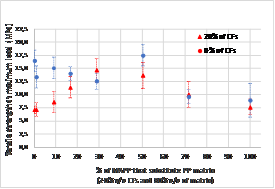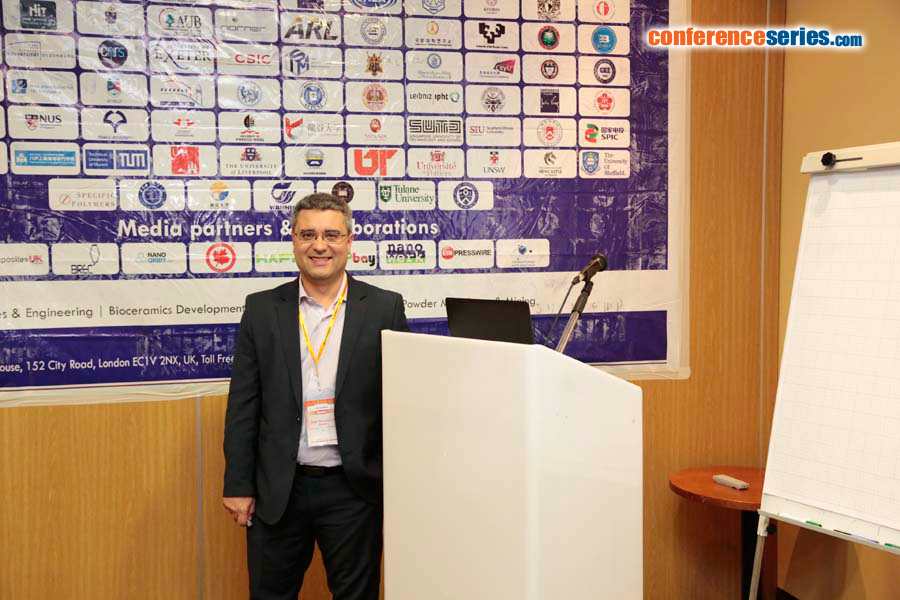
Jorge Macanás de Benito
Polytechnic University of Catalonia, Spain
Title: Strategies for enhancing interfacial adhesion between chicken feather filler and thermoplastic matrices in biocomposites
Biography
Biography: Jorge Macanás de Benito
Abstract
Statement of the Problem: Millions of tons of chickens are sacrificed every year for meat production generating at the same time a proportional amount of animal byproducts (ABPs) not intended for human consumption. Among these ABPs, chicken feathers (CFs) represent around 5-7% of the total chicken weight and currently are mainly treated as a waste by landfilling and/or incineration. During last year’s there has been an interest to valorize CFs to obtain value-added products such as biocomposites, biosorbents, filter media, insulation materials and tissue engineering scaffolds. However, in the case of biocomposites, it was demonstrated that mixing CFs with thermoplastic matrices was not effective in terms of mechanical properties due to the lack of compatibility between the components. So, the purpose of this study was to apply methods for improving mechanical properties of CFs based biocomposites by promoting interfacial adhesion between CFs and polyolefinic matrices. On one hand, some functionalizing treatments such as silanization and acetylation were performed to CFs and, on the other hand, a partial substitution of the matrix by adhesion promoters, such as maleic anhydride modified polymers (MAPs) was proposed. The effect of such modifying strategies on the mechanical properties was studied.
Methodology & Theoretical Orientation: CFs were stabilized by an oxidative treatment. After that, fractions of the CFs were treated with methacryloxypropyltrimethoxysilane and with acetic anhydride for their silanization and acetylation, respectively. Treated CFs were used to prepare biocomposites by mixing 20% v/v of CFs with either PP or LDPE in a Brabender mixer. Alternatively, biocomposites were prepared by substitution of polymer matrices with MAP adhesion promoter (Fusabond® P613 or M603, DuPont, USA). Tensile tests were carried out to determine mechanical properties.
Findings: Silanization and acetylation did not improve the mechanical properties of biocomposites. However, the incorporation of MAPs additive causes an improvement of tensile strength of the biocomposite (see image for PP).
Conclusion & Significance: Mechanical properties of CFs thermoplastic biocomposites were improved using MAPs which enhance the interfacial adhesion between CFs and polyolefinic matrices.



